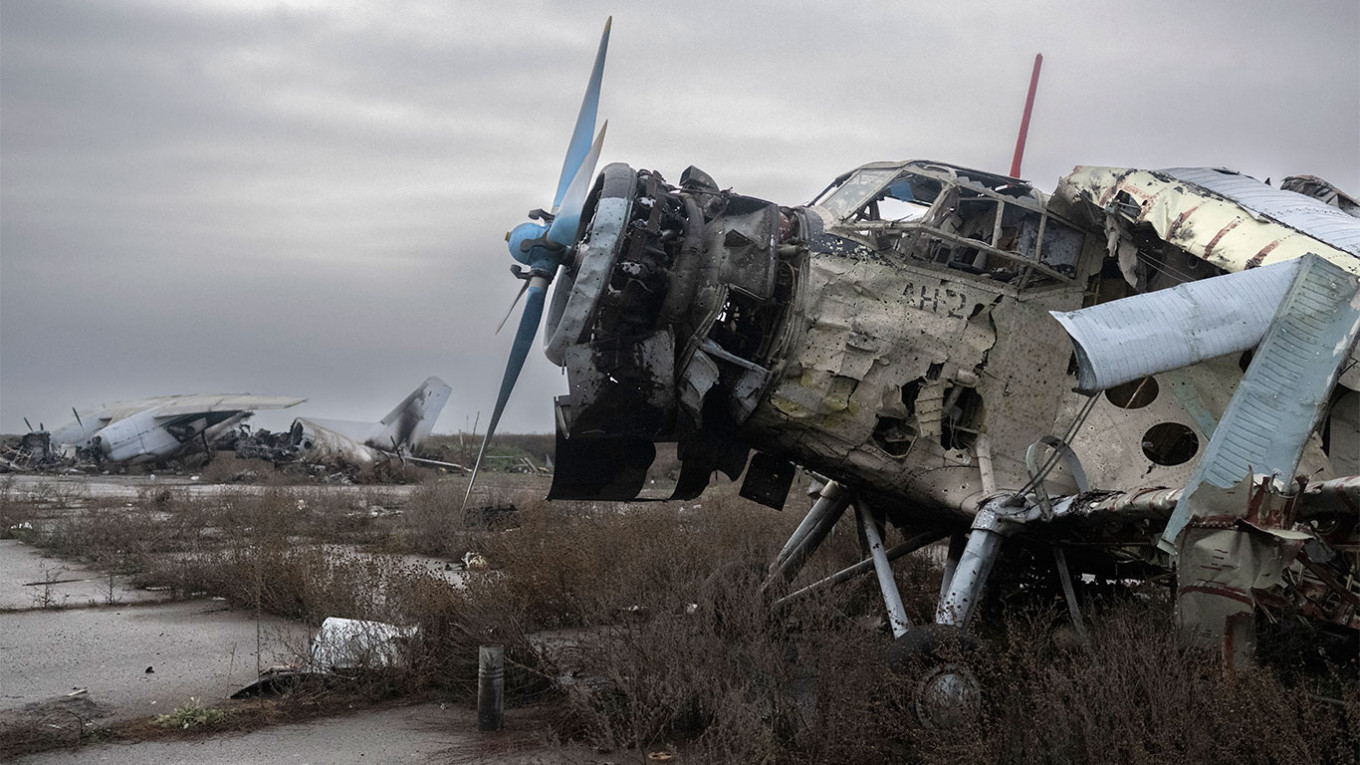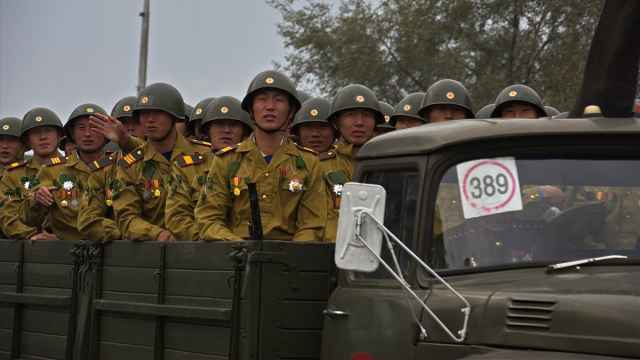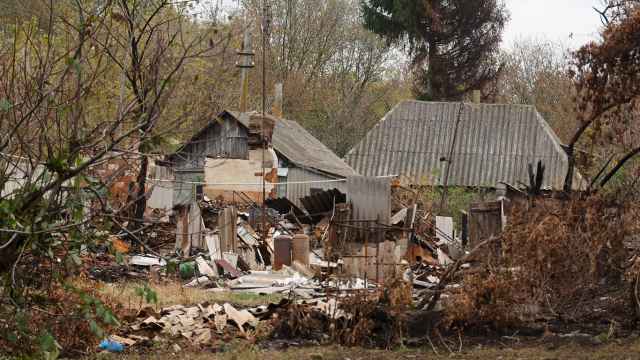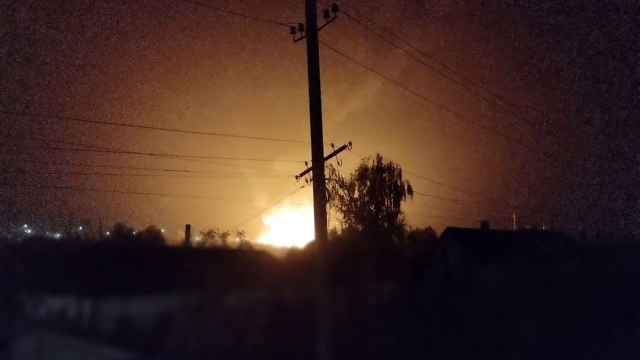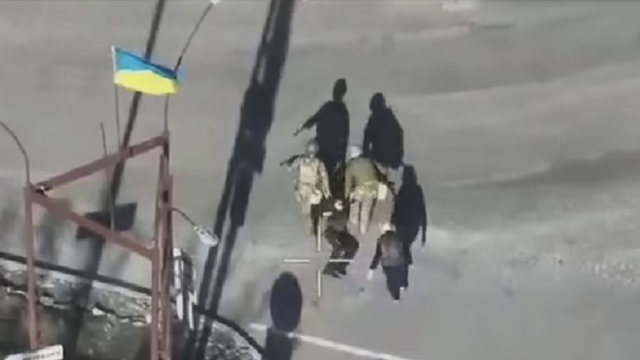As the first snow fell across Ukraine last week, the Ukrainian army launched an attack on Russian positions around Kreminna in a renewed — albeit so far unsuccessful — effort to retake the eastern town.
At the same time, Ukrainian special forces were reportedly pushing back Russian troops in the islands and marshes that make up the Kinburn Spit, a strategic peninsula on the left bank of the Dnipro River near annexed Crimea.
The ongoing fierce fighting on the southern and eastern fronts suggests there will be no let-up in major military operations as the weather worsens and temperatures drop below freezing — defying predictions by some observers that the conflict could slow to an end-of-year stalemate.
“I do not expect a significant decrease in Ukrainian ground operations going into winter,” said Konrad Muzyka, a defense analyst at Poland-based Rochan Consulting.
When the ground eventually freezes, it could even give Kyiv an opportunity for fresh attacks — particularly in its contested eastern regions where wet and muddy terrain is currently impassable for wheeled vehicles.
“The ideal time for a blitz in Ukraine is when the ground is frozen solid,” said William Alberque, a defense analyst at the International Institute for Strategic Studies.
Kyiv has been seeking to maintain its momentum after Russia ordered an embarrassing retreat from the city of Kherson earlier this month.
At the same time, Russian forces appear to be attempting to consolidate their positions amid political pressure for another offensive.
“Both sides will be willing and capable of conducting ground attacks,” said Muzyka.
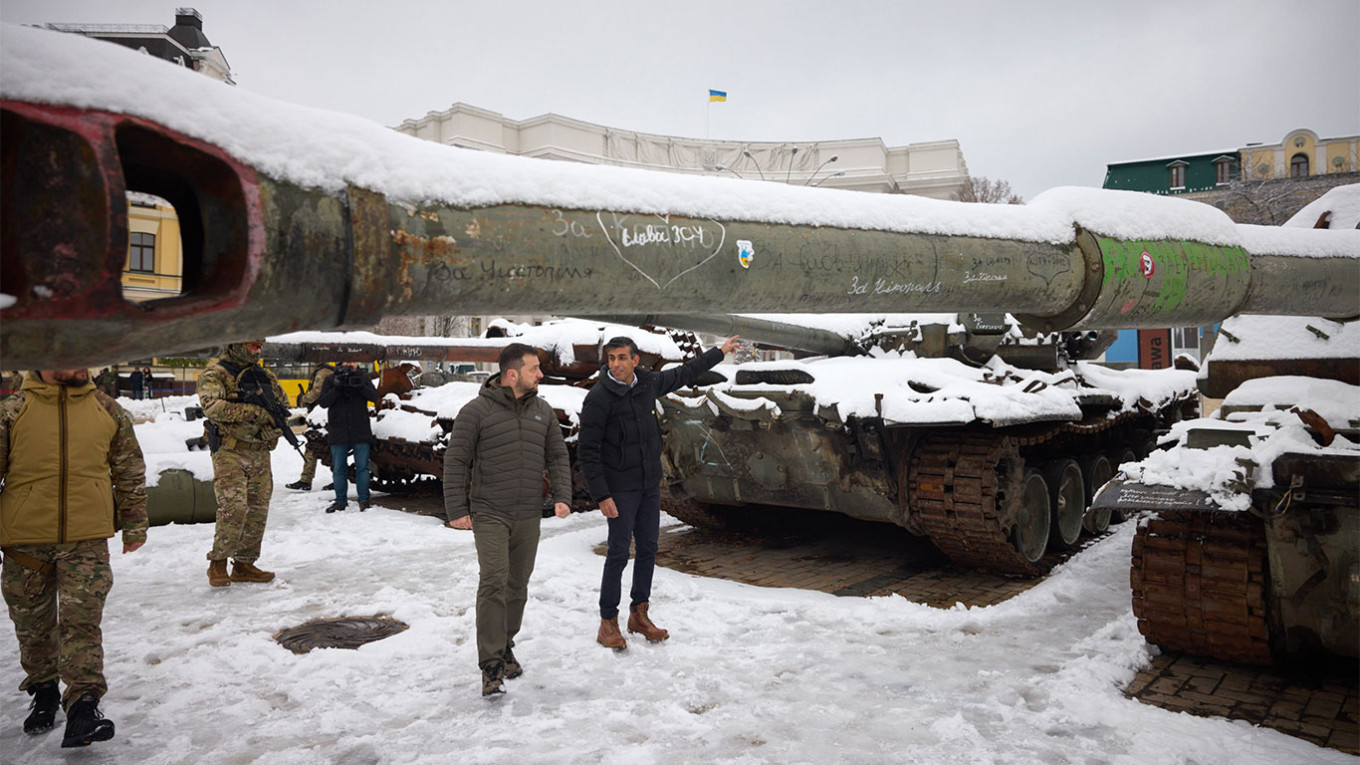
“On the one hand, Ukraine has momentum and the capability to push on; on the other hand, Russia has access to a huge amount of manpower through its mobilized reservists.”
Ukrainian forces are likely to turn their attention toward the Zaporizhzhia region and the northern part of the Luhansk region, according to Muzyka.
As Kyiv eyes further military advances, there are no signs that Russian military commanders expect the fighting to slow down in the winter months.
Russian forces have been attempting to fortify their positions in recent weeks, digging in across Ukraine’s south and fighting to hold on to strategically advantageous positions.
“Russia is preparing defensive positions and trenches, particularly in the south around Zaporizhzhia and the part of Kherson [region] they occupy, so I don't get the sense they think the war is going to let up,” said Dara Massicot, a defense analyst at the U.S.-based Rand Corporation.
Defenses are even being erected in regions relatively far away from the current fighting, including in annexed Crimea and Russia proper.
"Fortification work is being carried out on the territory of Crimea," the governor of Crimea, Sergei Aksyonov, wrote on social media last week. And images shared Tuesday by Vyacheslav Gladkov, governor of Russia’s Belgorod region, showed the excavation of deep trenches and concrete pyramids placed on key roads.
Moscow has claimed some modest military victories this month around the small eastern city of Bakhmut — a prize that, if seized, would give Moscow’s forces an opportunity to attack the major Ukrainian cities of Sloviansk and Kramatorsk.
Winter conditions will pose a number of challenges — from the need to convert vehicles to adjusting for artillery ranges — for both armies, according to Sam Cranny-Evans, a military expert at the London-based Royal United Services Institute think tank.
And the intense cold — which can reach below minus 30 degrees Celsius in parts of Ukraine — could negatively impact morale in both armies.
“Frostbite and hypothermia are real possibilities in Ukraine,” said Cranny-Evans. “Cold soldiers may suffer a reduction in morale and cognitive function.”
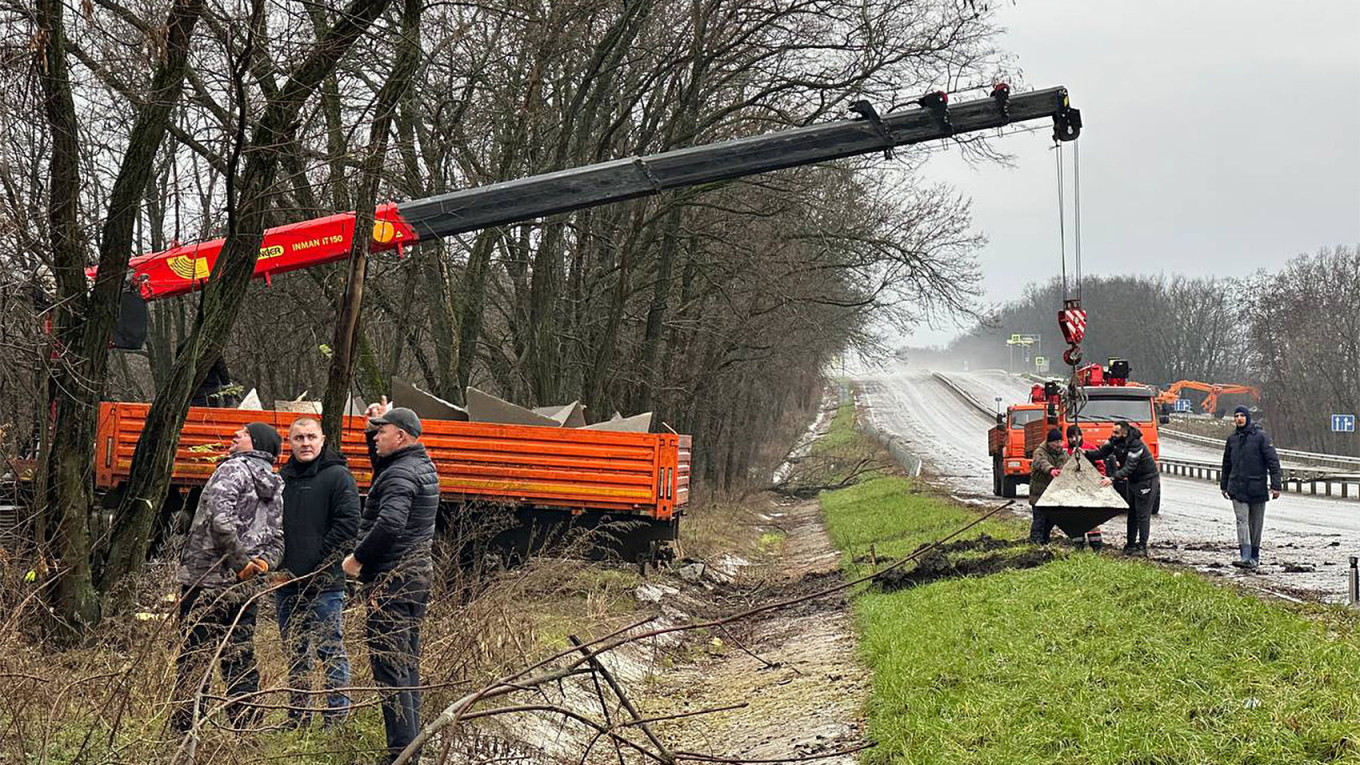
Many analysts appear to agree that Ukraine has the best chance of advancing in the winter months, utilizing Western supplies of equipment and warm clothing.
In particular, the lack of foliage in winter will mean there is less cover for Russian forces, allowing Ukraine to make better use of its long-range artillery systems.
“Ukraine is ready for a winter fight,” said Alberque.
But experts are also quick to point out that Russia’s mobilization of reservists this fall has provided tens of thousands of new soldiers for the front — and the Kremlin will likely be pushing its generals for military success after a run of defeats.
“Russia has big manpower potential after withdrawing from Kherson,” Muzyka said. “We’re looking at 150,000 to 200,000 Russian men currently being trained.”
And Russia is likely to step up its missile barrages on Ukraine’s energy infrastructure — a campaign that has already caused blackouts and heating problems for millions of civilians in cities across the country.
Some analysts predict that, as winter grinds on, Moscow could regain the upper hand.
“Through the early part of winter, Russia is at its most vulnerable point,” Massicot said. “But over time… the dynamics may start to shift.”
Russian generals, according to Muzyka, could even be eying a new offensive in the first half of next year.
“Sooner or later we are going to see larger-scale Russian pushes,” he said.
A Message from The Moscow Times:
Dear readers,
We are facing unprecedented challenges. Russia's Prosecutor General's Office has designated The Moscow Times as an "undesirable" organization, criminalizing our work and putting our staff at risk of prosecution. This follows our earlier unjust labeling as a "foreign agent."
These actions are direct attempts to silence independent journalism in Russia. The authorities claim our work "discredits the decisions of the Russian leadership." We see things differently: we strive to provide accurate, unbiased reporting on Russia.
We, the journalists of The Moscow Times, refuse to be silenced. But to continue our work, we need your help.
Your support, no matter how small, makes a world of difference. If you can, please support us monthly starting from just $2. It's quick to set up, and every contribution makes a significant impact.
By supporting The Moscow Times, you're defending open, independent journalism in the face of repression. Thank you for standing with us.
Remind me later.



